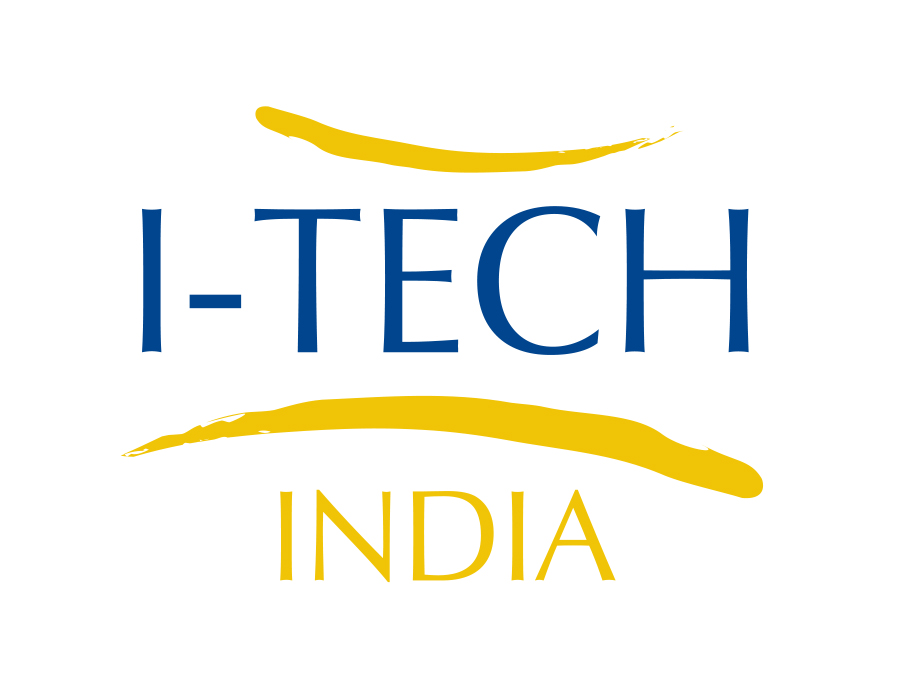Kiren Mitruka, MD1; Manish Bamrotiya, MBBS2; Reshu Agarwal, MD3; Anwar Parvez, MBBS4; Ramesh Reddy Allam, MBBS5; Srilatha Sivalenka, MA3; Pramod Deoraj, MBBS6; Rajendra Prasad, DD7; Uma Devi, DPH7; Padmaja Keskar, DPH8; Shrikala Acharya, MD8; Priya Kannan, MHA4; Ramesam Ganti, MA5; Malay Shah, MD4; Shashikant Todmal, MSW4; Praveen Kumar, MSW5; Nalini Chava, MSc5; Ajit Rao, MSW5; Sukarma Tanwar, MMed3; Melissa Nyendak, MD3; Tedd Ellerbrock, MD1; Timothy H. Holtz, MD3; R.S. Gupta, MD2 (View author affiliations)
Summary
What is already known about this topic?
The World Health Organization’s Treat All policy recommends antiretroviral therapy (ART) for all persons with human immunodeficiency virus (HIV) infection immediately after HIV diagnosis.
What is added by this report?
To implement Treat All in India, 46 ART centers in two states supported by the President’s Emergency Plan for AIDS relief attempted to contact 25,007 persons enrolled in HIV care but not receiving ART; 9,898 (40%) subsequently initiated ART over a 14-month period. Among those initiating ART, 6,315 (64%) began ART after being reached, including 1,635 (17%) who had been lost to follow-up.
What are the implications for public health practice?
Tracking and tracing and education about benefits of early HIV treatment among persons with HIV infection who are not on ART can facilitate implementation of Treat All in India.
Click Here To Download PDF
